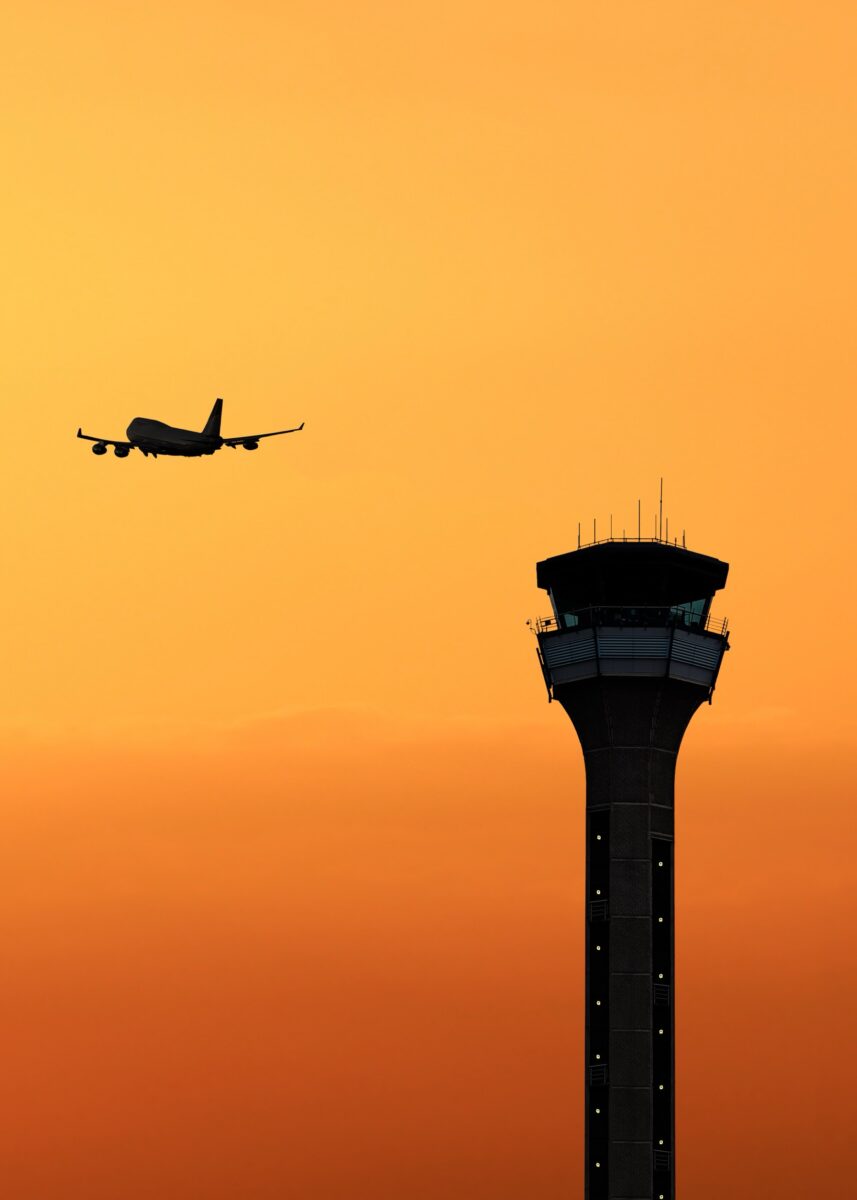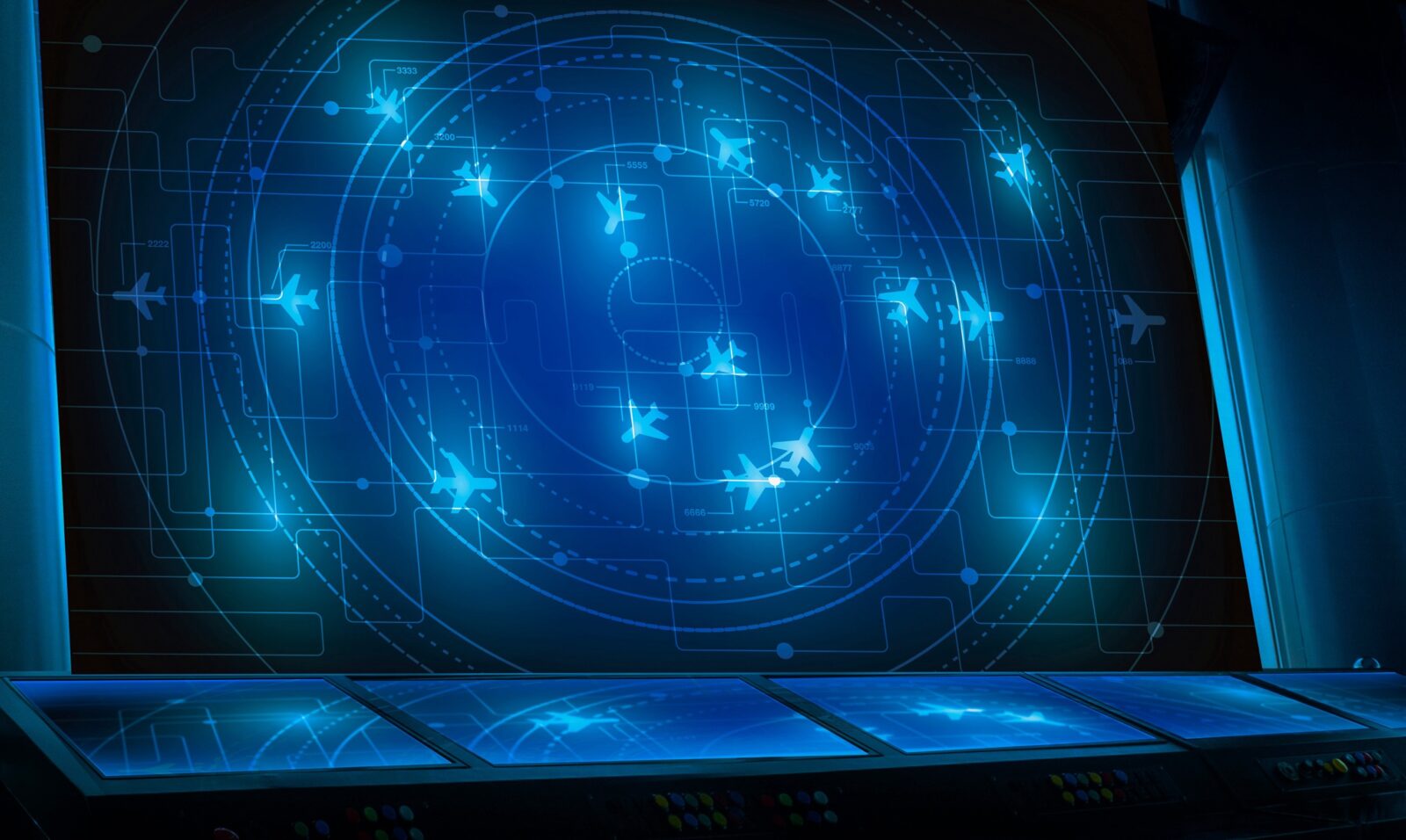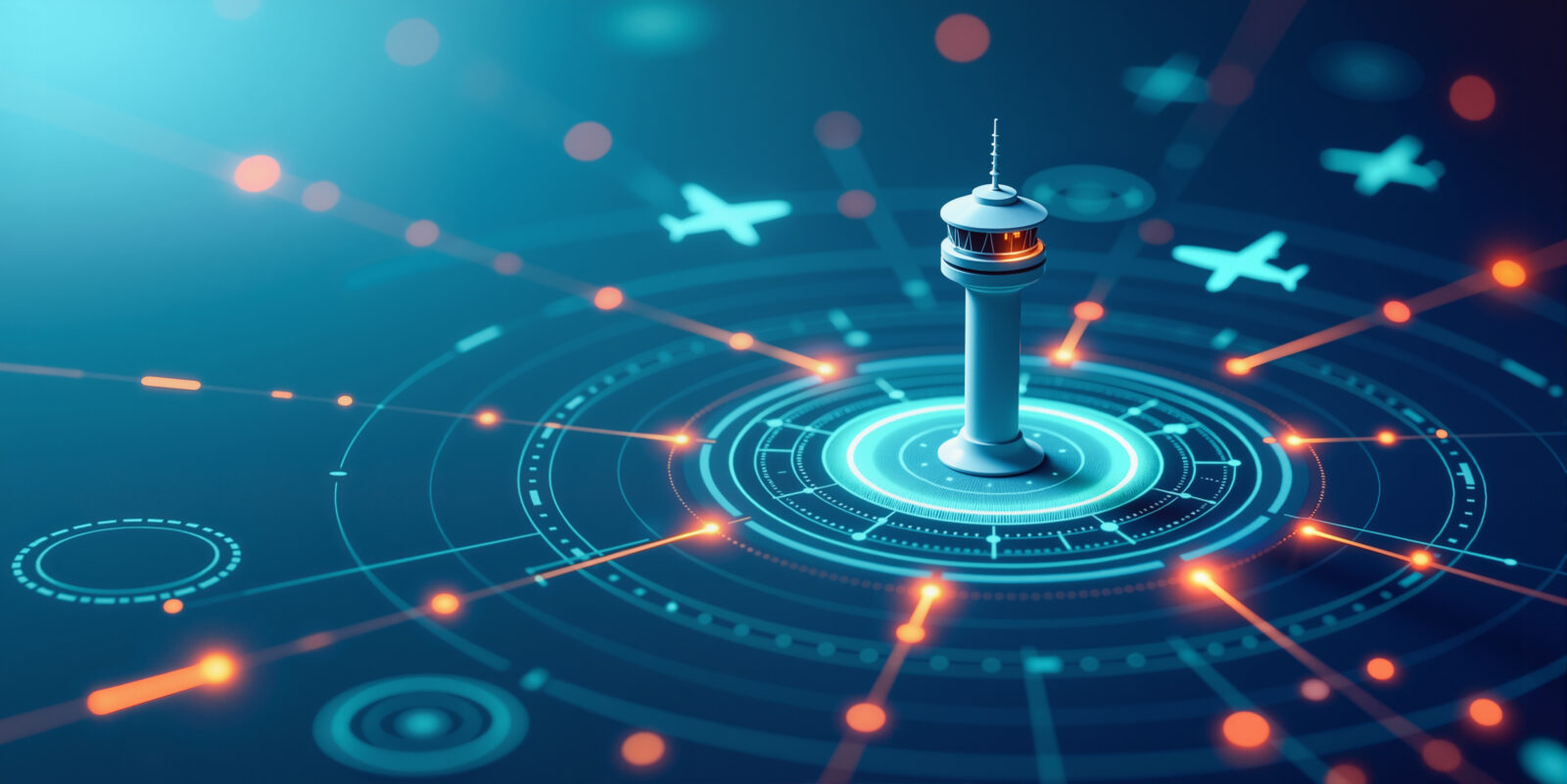Andrew Cook Research 2025



Centre for Air Traffic Management Research
The Centre for ATM Research builds on over 40 years of air, rail and urban transport research, consultancy and teaching at the University of Westminster. Specialising in ATM since 1999, we have coordinated and led work across around 40 major European ATM research projects. These have been primarily funded through SESAR, EUROCONTROL, Clean Aviation and the European Commission (e.g. Horizon programmes), and carried out in collaboration with airlines, airports, ANSPs, software/service providers, and other research institutes. The Centre focuses on data-driven, applied research for industry and stakeholders, especially: performance assessment, with current SESAR transversal project examples PEARL and AMPLE3; economic analysis, including behavioural economics, conjoint (SP) analyses, cost of delay reference standard production for Europe; environmental assessment such as the current SESAR Green-GEAR project; passenger centricity and multimodality, like SESAR’s MultiModX project; simulation and modelling, including agent-based modelling, machine learning, GenAI, meta-modelling; and, flight dynamics and flight prioritisation.
Building on a provenance of SEAR award-winning work promoting passenger-centric research, the team released its unique, open-source Mercury simulator in 2023. This modular, agent-based aviation platform allows easy addition/modification of roles, events and agents at a door-to-door/multimodal level, embracing high-speed rail, internal/external airport processes, and flexible modelling capabilities for policy and performance assessment. This work also reflects the Centre’s strengths in data management, with Westminster having led such work packages across a range of research projects, also prevalent throughout our pedagogy.
The University of Westminster led the first SESAR Knowledge Transfer Network (Engage, 2018-22; over 230 research outputs) and is partner and work package lead for the successor network, Engage 2 (2023-2027, led by Deep Blue). Drawing on extensive partnerships with approximately 60 industry partners, we have promoted the integration of exploratory and industrial research, leading the development of an ATM future concepts roadmap and driving the maturation of new concepts, such as currently leading catalyst fund activities, which is expediting the SESAR innovation pipeline. Enabled by these European networks, we have synthesised internal and external teaching and training through international schools and workshops, PhD mentoring and our Transport Research Lab.
